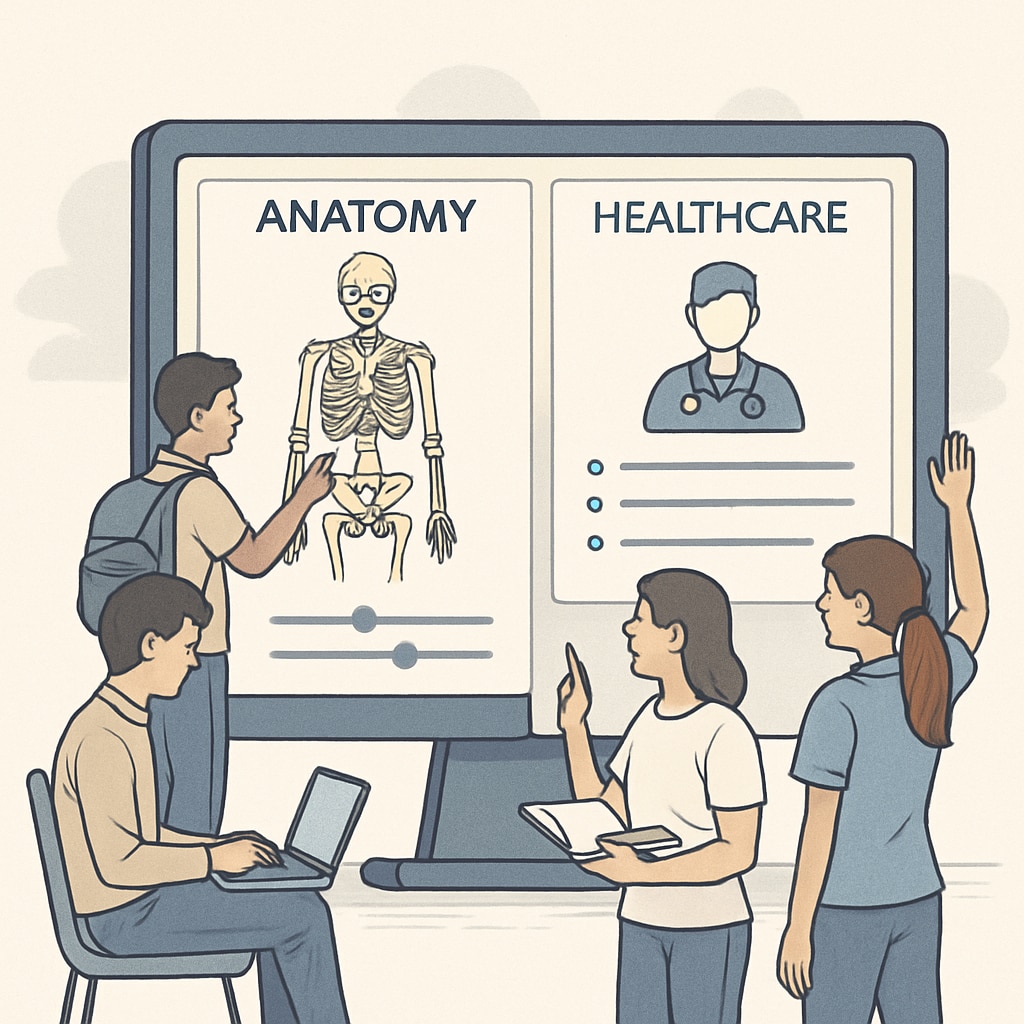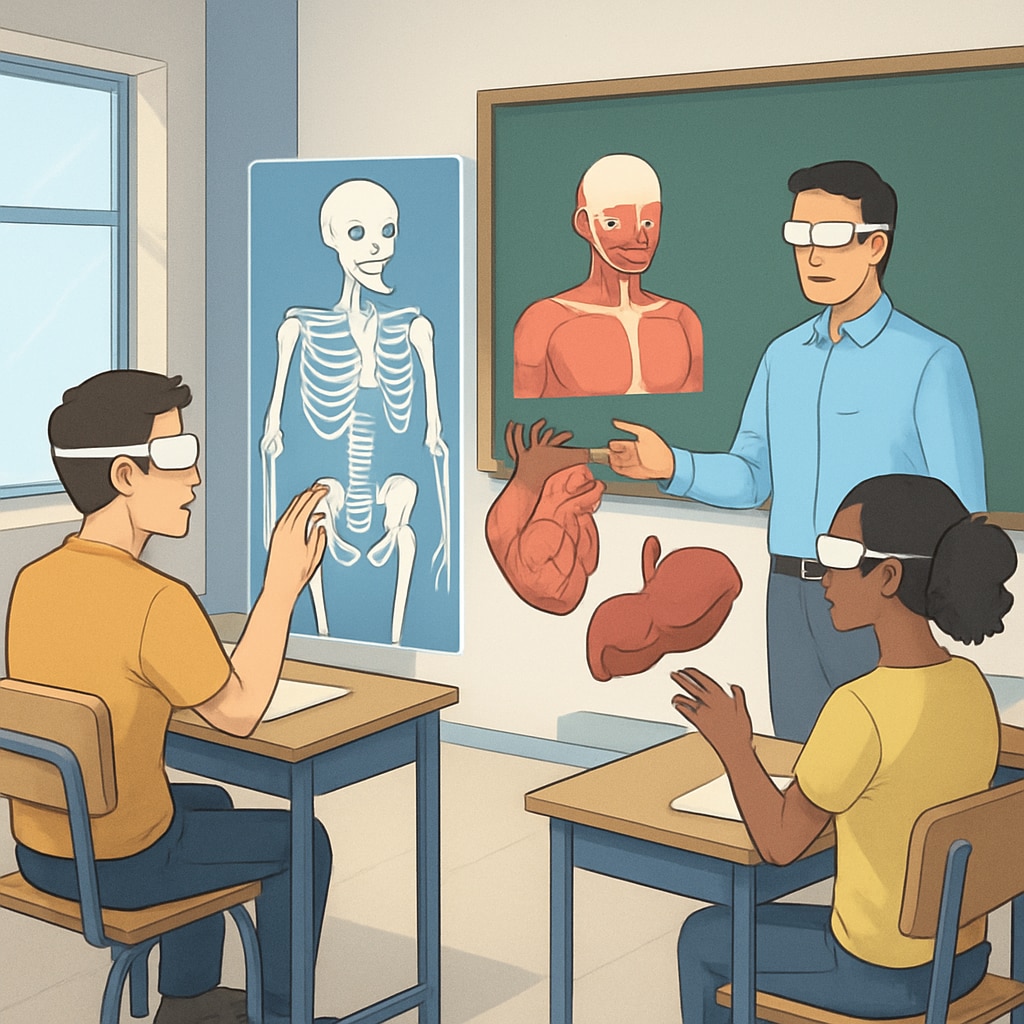In today’s fast-paced world, fostering scientific literacy has become more critical than ever. Introducing K12 students to medical education, even for those from non-medical backgrounds, can open doors to curiosity, innovation, and understanding of health sciences. With the growing accessibility of online courses and resources, educators and parents can provide students with valuable tools to explore the world of medicine.

Why Teach Medical Knowledge in K12 Education?
Medical education at the K12 level serves multiple purposes. It nurtures an early interest in the sciences, equips students with critical thinking skills, and promotes awareness of health-related topics. By introducing medical concepts to young learners, educators and parents can build the foundation for future careers in healthcare or simply enhance scientific understanding.
For example, understanding basic anatomy, the importance of nutrition, or how diseases spread can empower students to make informed health decisions. Furthermore, early exposure can inspire students to pursue careers in medicine, research, or public health.
Several studies from reputable sources, such as Britannica’s education insights, emphasize the importance of integrating STEM (Science, Technology, Engineering, Math) subjects into early education to prepare students for future challenges in science-heavy fields.
Top Resources for Non-Medical Backgrounds
Finding accessible and engaging resources for students without a medical background can be challenging. However, the following tools and platforms simplify medical concepts, making them ideal for K12 learners:
- Khan Academy Health & Medicine: This platform offers free, easy-to-understand modules covering topics such as human biology, physiology, and the basics of healthcare.
- KidsHealth.org: Created specifically for children and teens, this website features articles, videos, and interactive activities designed to explain health topics in an engaging way.
- Museum of Science Virtual Field Trips: Explore health and medicine through virtual tours and interactive exhibits, suitable for younger audiences.
- Coursera: While targeted at older students, Coursera offers beginner-friendly medical courses like “Introduction to Health Care” that high schoolers can explore.
In addition, using tools such as anatomy apps or interactive e-books can provide hands-on learning experiences for students eager to dive deeper into the subject.

How Parents and Educators Can Support Medical Learning
Parents and educators play a vital role in guiding students toward engaging with medical education. Here are some practical strategies:
- Encourage curiosity: Discuss real-world health topics with students, such as how doctors diagnose diseases or breakthroughs in medical research.
- Use multimedia tools: Leverage videos, simulations, and apps that simplify medical concepts for young learners.
- Integrate health topics into lessons: Include discussions on nutrition, mental health, and the importance of exercise in daily lessons or home activities.
- Provide hands-on experiences: Organize visits to science museums, medical labs, or virtual workshops to inspire students.
By fostering an environment of curiosity and exploration, students gain not only knowledge but also confidence to pursue higher learning in medicine or related fields.
The Future of K12 Medical Education
As technology advances, the possibilities for medical education in K12 settings continue to expand. Platforms utilizing interactive tools like augmented reality (AR) and virtual reality (VR) are making complex medical topics more accessible and engaging. Programs like these, coupled with accessible online courses, ensure that students from non-medical backgrounds can explore the wonders of health sciences without barriers.
For educators and parents, ensuring that students have access to these resources is vital. Whether through free online courses or community-based initiatives, the tools to inspire future healers are abundant. As a result, students can develop a lifelong appreciation for medical sciences and their impact on global health.
Ultimately, introducing medical education to K12 students isn’t just about preparing future doctors—it’s about cultivating a generation of scientifically literate, health-conscious individuals equipped to navigate the challenges of tomorrow.


